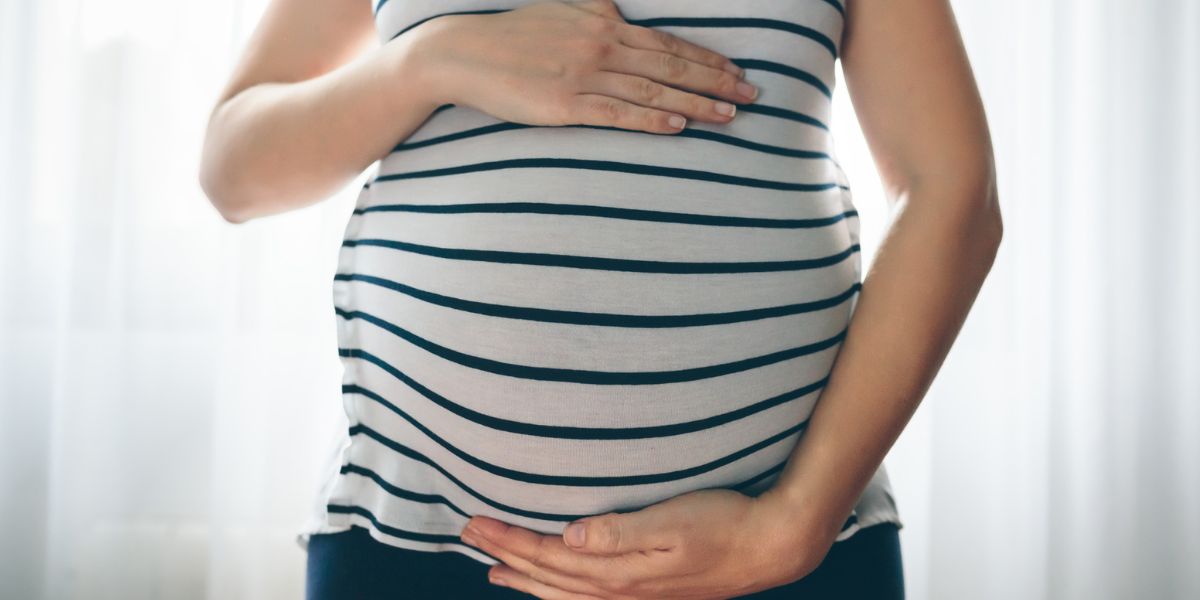Personal Independence Payment is a benefit that aims to help people with the costs associated with a long term health conditions that limit the ability to comfortable live or move.
PIP replaced Disability Living Allowance for people that are between 16 and 64.
DLA is still available to apply for children under 16.
Will I be eligible?
The starting entry criteria for PIP are as follows:
- People aged 16 to 64 years old
- UK residents
- Have a long term health condition, which may include diabetes, if it causes difficulties with daily living or mobility
Your eligibility to then receive the benefit will depend on whether your specific needs are sufficient.
How much benefit can I get?
PIP is divided into two levels:
- Standard level for those whose daily living and mobility is ‘limited’
- Enhanced level for those whose mobility and daily living is ‘severely limited’
The table below lays out how much you will receive per week depending on which level you are assessed at.
The rates in the table are weekly rates and will be free from tax. Note: Figures correct as of 2 September 2022
| Benefit Level | Daily Living Part | Mobility Part |
|---|---|---|
| Lower Weekly Rate | £61.85 | £24.45 |
| Higher Weekly Rate | £92.40 | £64.50 |
How will my application be assessed?
You will need to fill out an application form and have an assessment.
The application form includes questions on how your daily living is affected and how your mobility is affected by any physical, unseen or mental health conditions you have. For the questions you answer, you will be given a score between 0 and 12. Note that the maximum score available on each question can vary.
The assessment will usually be a face to face meeting with a health professional employed by either Atos or Capita.
Daily living
Questions will be asked about your daily living ability on the following subjects:
- Preparing food
- Ability to eat food
- Managing your medication or other treatments
- Ability to wash and bathe
- Whether you have managing toilet needs or incontinence
- How able you are to dress and undress
- Your ability to communicate verbally
- How well you can read words, signs and symbols
- You ability to engage people face to face
- How able you are to budget
Mobility difficulties
Mobility difficulties includes questions on the following:
- How difficult it is for you to plan and follow a journey
- Whether you are able to stand and how far you can walk unaided
How might diabetes contribute to my eligibility?
These are a few examples of how complications related to diabetes may contribute to your eligibility for the benefit.
People with neuropathy that affects the hands may experience problems with dexterity which cause difficulty with dressing (such as doing up or undoing buttons), preparing food or in taking blood tests or injections.
If you have lost hypo awareness this may also be a factor that affects your ability to adequately monitor your condition by yourself.
Having autonomic neuropathy could also increase your eligibility if neuropathy makes managing toilet trips a difficulty.
If you have stiff joints or frozen shoulder, this may also affect your ability to adequately wash or dress.
Visual impairments can make a number of tasks difficult, including taking treatment, reading, preparing meals and choosing appropriate clothing.
Mental health issues such as depression can affect a number of daily activities which may include the ability to budget unaided or causing difficulties in dealing with other people.
Mental health issues may also be relevant in terms of managing treatments, such as if it is difficult to make appropriate dosing decisions by yourself or if you need to be prompted to take your medication at the appropriate times.
Your ability to stand and walk distances may be affected by factors including amputation or complications related to kidney disease.
Before you apply
It’s important to note down any ways in which health conditions affect your life, including complications and any mental health factors, including depression
It’s therefore advisable to give yourself some time, perhaps a week or more, to note down any situations in which your life is affected by diabetes, or another health condition, as some of the important ways in which your life is affected may not immediately come to mind.
Make a note of any aids you need to use, including magnifying glasses, screen readers, shower seats or special clothing for your condition.
What if my disability needs change?
If your disability needs change, either for the better or worse, you need to inform the DWP of the changes.
How do I apply?
Call or write to the Department of Work and Pensions (DWP) on telephone 0800 917 2222.





